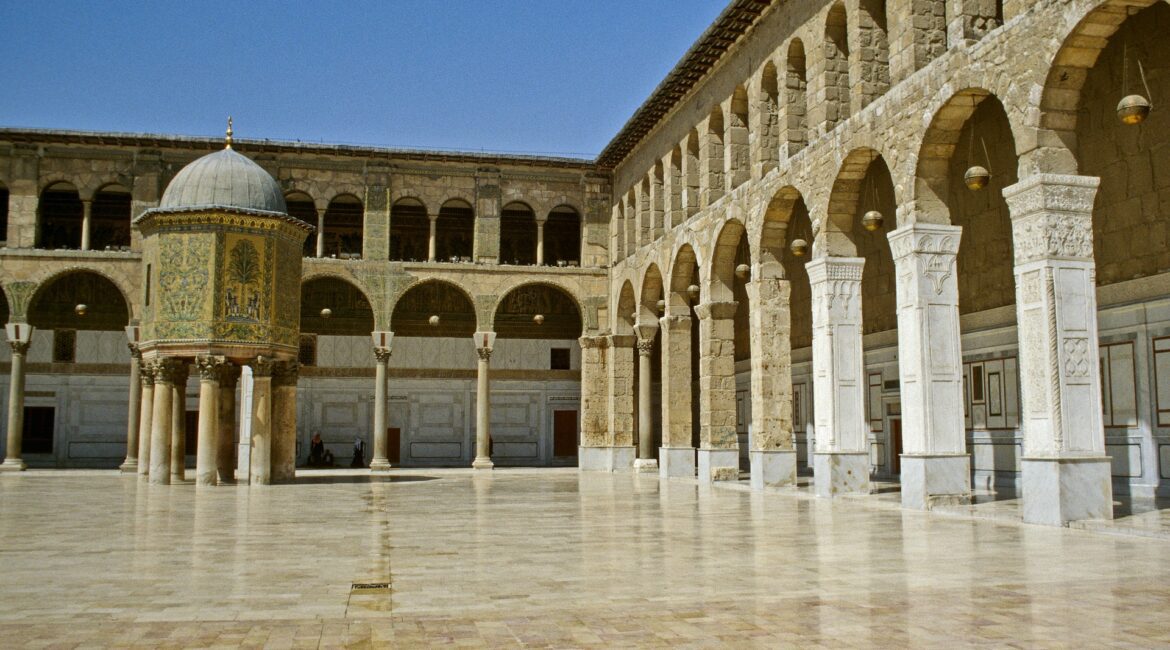Since July 2021, a number of Arab states has gradually made moves to normalise relations with Bashar Al Assad regime, through meetings, agreements and economic understandings. The moves involved in particular Jordan, Egypt and the UAE. Last November, Sheikh Abdullah bin Zayed Al Nahyan, UAE Foreign Minister, was the first high-ranking Gulf official to visit Syria since most GCC countries cut off diplomatic relations with Damascus, following the outbreak of the Syrian war in 2011.
Observers described the visit, in which the UAE foreign minister met Syrian President Bashar Al Assad, as a moment which opened a new chapter with Syria and paved the way for other initiatives to restore ties with the Damascus regime.
Analysts believe that the war in Syria has been militarily resolved in favour of the regime forces and their allies since 2018, with the ousting of the armed opposition fighters from their positions on the outskirts of the capital and the nearby governorate of Daraa. Since then, the chances of the opposition overthrowing the regime militarily have been virtually reduced to "zero".
Many Arab countries have subsequently concluded that it was in their interests to normalise links with the regime in Damascus. Consequently, encouraged by a number of Arab governments, led by Jordan, Arab League member states are debating whether the timing has come to restore the active membership of Damascus in the League and normalise with its regime. The pan-Arab organisation had suspended Syria's membership in October 2011 and called for the withdrawal of Arab ambassadors from Damascus until the regime fulfilled its commitments to the protection of civilians.
At the commencement of the Syrian war, Arab states provided support to Syrian opposition factions, after the Syrian protests turned into an armed insurrection met by bloody repression on the part of the regime's security forces.
The military operations carried direct repercussions on the security and stability of Syria's neighbouring countries of Lebanon, Iraq and Jordan.
At the end of 2018, the UAE and Bahrain reopened their embassies in Damascus, at the level of chargé d'affaires and, in October 2020, the Sultanate of Oman returned its ambassador to Damascus, becoming the first Gulf country to restore its diplomatic representation at the ambassadorial level.
According to media reports, Saudi Arabia reopened direct channels of communication with Syria in May 2021, with the visit to Damascus and meetings with Assad of the head of the Saudi intelligence service, Lieutenant-General Khaled Al Humaidan, and the head of the National Security Office, Major General Ali Mamlouk.
The Syrian regime is also intensifying contacts through Lebanon. For the first time, Damascus received an official Lebanese delegation prior to the formation of the government of Prime Minister Najib Mikati, who has maintained a close relationship with Damascus for years. His ties to Syria were reinforced by huge investments in the local economy.
In terms of geopolitical and economic interests, Arab countries neighbouring Syria are highly interested especially with regard to ensuring the safe return home of Syrian refugees from Lebanon and Jordan.

